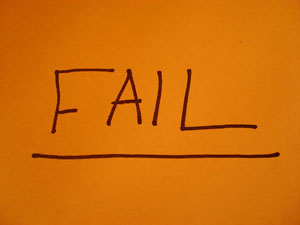The Democratic National Committee is pushing a USA Today story this morning, which reports that in toss-up House races, Dems generally have a cash advantage:
In 22 of the 31 House seats rated as tossups by the non-partisan Cook Political Report, vulnerable Democratic candidates had more cash available at the end of June than their GOP rivals, according to a USA TODAY analysis of reports covering activity from April 1 through June 30.
This is pretty weak tea. You can’t run (or win) a House race without raising a bunch of money. Still, fundraising is a necessary but not sufficient prerequisite for winning elections. Steve Singiser had a good post on Daily Kos on Sunday pointing out that in wave elections, incumbents who outraise their challengers often lose anyway:
In the most recent wave election (2006), where the Democrats rode a 30-seat gain into the House majority, a total of twenty-two Republican incumbents tasted electoral defeat. Only three of those Democratic challengers (Joe Sestak, Paul Hodes and Brad Ellsworth) raised more than the incumbents they cast from office. Indeed, only four of the 22 (18%) Democratic winners raised anything close (defined as 85% of the incumbents take) to their Republican incumbents.
The most recent Republican wave election (1994) showed a somewhat similar pattern…In both cases, a significant number of challengers managed to attain victory despite raising 65% or less of the total raised by the incumbents they ejected from office. In the 1994 Republican wave, fifteen of the 34 (44%) GOP victors fell into that category. In the 2006 Democratic wave, ten of the 22 (45%) Democratic victors were outraised to that degree.
Bottom line: Dem incumbents with decent fundraising shouldn’t think that makes them safe. It doesn’t.















